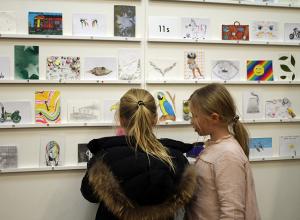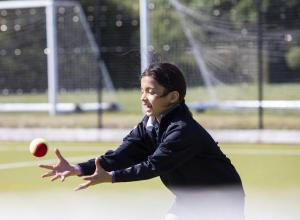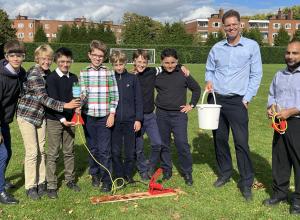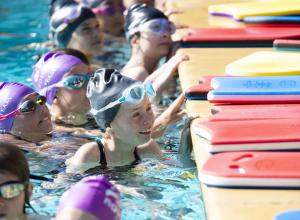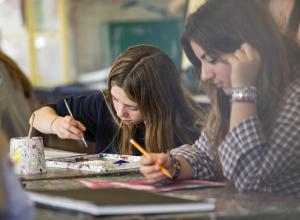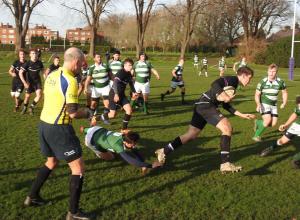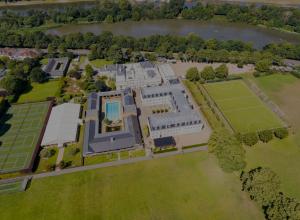The charms of ‘the language of opera’ are globally acknowledged but Italian has much more to offer than its legendary musicality and beauty. Studying it not only allows you to communicate with 66 million Italian speakers worldwide it also takes you straight to the centre of Italy and Europe’s cultural heritage.
If you are interested in classical culture, the great art and artists of the renaissance, the rise of classical opera or some of Europe’s greatest modern filmmakers, Italian could be for you.
GCSE
Pupils at Harrodian study the Edexcel Pearson GCSE course. For full details see the Edexcel website or the Harrodian GCSE prospectus.
Course introduction
Our teachers take GCSE course pupils for three lessons a week plus oral practice sessions with a language assistant. The groups are relatively small, so students get plenty of opportunities for one-to-one attention. The focus is squarely on the four main language skills of listening, speaking, reading and writing. Pupils study various topics and develop their knowledge of grammar. We also make sure we spend as much time as possible developing pupils’ cultural knowledge of the countries where the target language is spoken through the study of excerpts of literary texts and the use of authentic material.
A Level
Students study the Edexcel A Level course, taking six lessons a week with one to one reinforcement sessions of spoken skills. For full details of the course please refer to the Edexcel website or the Harrodian Sixth Form Prospectus.
Course introduction
A Level Italian builds on students’ linguistic skills while developing their capacity to think analytically and express their ideas fluently and accurately in written, spoken and even ‘on-line’ media. Through studying diverse aspects of history, politics, art and traditional and contemporary culture you will develop a critical and analytical insight into Italian culture, in particular by focusing on a film in the first year and a book in the second year. At the same time, you will build on your communication skills and your vocabulary so that you are able to regularly discuss and debate a wide-range of topical issues in an Italian context such as relationships and family structure, modern technology, work and education, music, tourism, cultures and traditions. In the second year, you will also focus on Italian history, from the rise of fascism to the present day.
For more specific year-by-year information, please refer to our Curriculum Handbooks/Information Booklets.
Extracurricular
There are opportunities to join trips to Italian films and theatre performances and to attend students’ conferences.
Staff
Head of Modern Languages: Sandrine Montet
Head of Italian: Gabriella Collard
Other teachers of Italian and Language Assistants: please select the relevant department on the dropdown menu to view our full staff list by clicking here.

